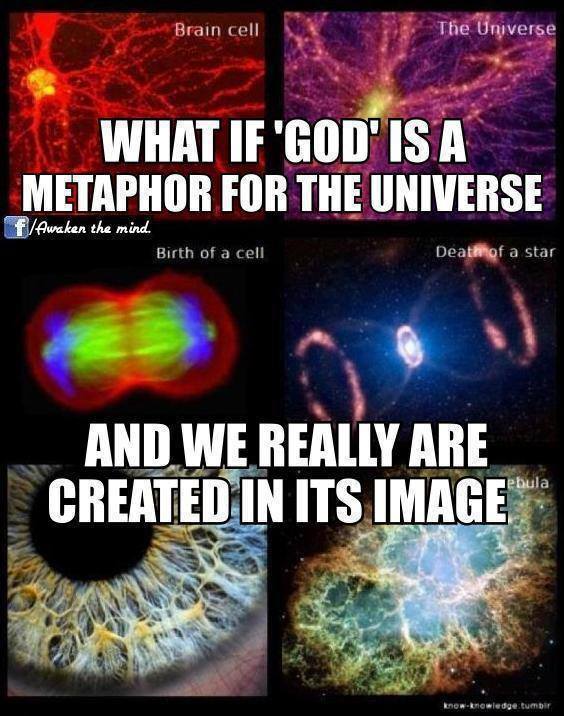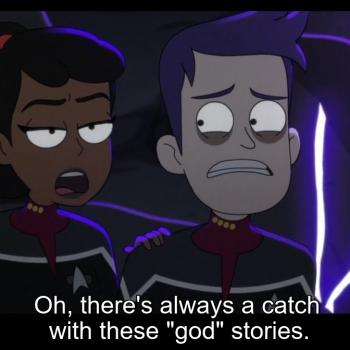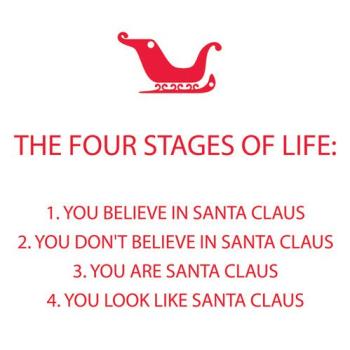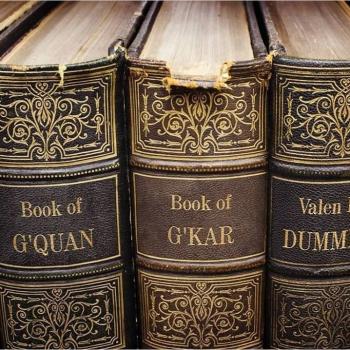Dale Tuggy has been interacting with a recent post of mine here on my blog, and now in a post over on the blog Trinities.
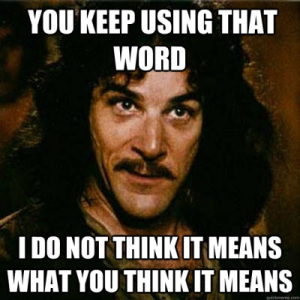 He considers the viewpoint of Paul Tillich, that God is Being itself and not one being among others, to be a form of atheism rather than of Christian theism.
He considers the viewpoint of Paul Tillich, that God is Being itself and not one being among others, to be a form of atheism rather than of Christian theism.
He rightly notes that it is not a new alternative to anthropomorphic theism. In Hume’s Dialogues concerning Natural Religion, atheism is used and rejected as an insulting characterization of the skeptical theism which emphasizes the incomprehensibility of God. And the ancient Gnostics often contrasted the Creator of the Jewish Scriptures with the one original and ineffable God who is supreme and above all. Others sought to identify the two – for instance, Philo of Alexandria, who sought to find ways to harmonize Jewish Scripture with philosophical-mystical monotheism.
Let me be clear in saying that the roots of ancient Israel’s concept of God are most certainly in a being who is a part of the universe, and not Being itself. As far back as anyone could trace, “in the beginning,” there was not only God but chaos. Who or what else was around – such as a female counterpart to the male deity – changed over time as well.
And that is in fact a crucial point for those like me who think of God not as “a being” but as “Being.” Our concepts of God change. They have changed and continue to change. What modern theists believe is not what the ancient Israelites prior to the exile believed.
And so the question when it comes to Christian identity is not whether our beliefs match theirs, but whether the overriding trajectory is being followed.
People once thought that gods were behind the forces of nature. Monotheism marked a shift towards thinking that one God was behind all of them. Now we tend to think of nature as standing over against God and most of us don’t blame natural phenomena on one God or many. This move takes things in one of two directions. One option is to veer towards Deism (even if it is Deism with interventions), as the unexplained becomes a smaller and smaller region. The other alternative is to see God as the Universe, or to embrace panentheism, and see God as a Reality that includes but transcends the universe. The former option, pantheism, is illustrated in the image at the end of this post. Panentheism typically involves not saying that God is an “it” which would then be less than we are, but that God is a reality whose nature we cannot hope to fathom, but as the ground, source, and encompasser of our existence, is not less than we are.
By definition, that isn’t atheism, since it is belief in God. Despite the appeal to The Princess Bride, the word God is not limited to one particular anthropomorphic theistic definition. And so that word “God” may not mean to some what I think it means. But it means it to me, and has a long history of meaning that to people, while a few thousand years ago it didn’t have any of the meanings that today’s disagreeing parties ascribe to it.
The implication is that the question cannot be settled in that simple manner, as a matter of terminology. The question is which way of thinking about God, if any, does best justice not only to a select number of ancient texts but an overall trajectory of which those texts are a part. That question is one that each Christian, and each Christian community, will have to answer for themselves.


